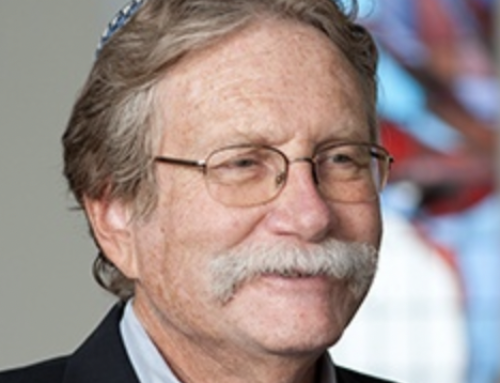The Torah is a gift, not a test.
G!?d wants us to approach Judaism creatively, not conservatively.
These liberal lessons are the content of Shavuot, when Revelation at Sinai and the wheat harvest coincide not only in time, but in essence.
Like most of our Rabbis’ great teachings, this is conveyed as a story (Tanna de-vei Eliyahu 2) which I will condense:
A king had two servants whom he loved. He gave each some wheat – and left. One servant preserved what he had been given. The other took the wheat and ground it, removed the chaff, kneaded it, and baked it into a loaf of bread. When the king returned, he rejoiced in sharing the bread with the second servant—and the irst servant was distraught.
God gave Israel Torah as wheat from which to produce flour.
The king gives his servants wheat but no instructions. The irst servant diligently preserves what he received, transmitting it untouched and unchanged. His sincere religious efforts are revealed as misguided, a fundamental misunderstanding of the king’s gift.
The second servant is a radical. He discards parts of the gift – its chaff – because they are unappealing. And realizing that his gift is incomplete on its own, he adds external components – water and yeast – to realize its life-giving potential. Through selective removal and addition, the servant transforms inedible wheat into life-sustaining and delightful bread. She is guided not by fear-based command to conform to the wheat, but by her and the king’s needs and tastes.
We are to live Torah the way this servant baked bread: recognizing that some parts harm, and removing them; recognizing that we need ideas from outside and adding them – and thereby creating a Torah that nourishes, delights, and joins us to one another and to G!?d.
The Torah is a gift, not a test.
G!?d wants us to approach Judaism creatively, not conservatively.
These liberal lessons are the content of Shavuot, when Revelation at Sinai and the wheat harvest coincide not only in time, but in essence.





